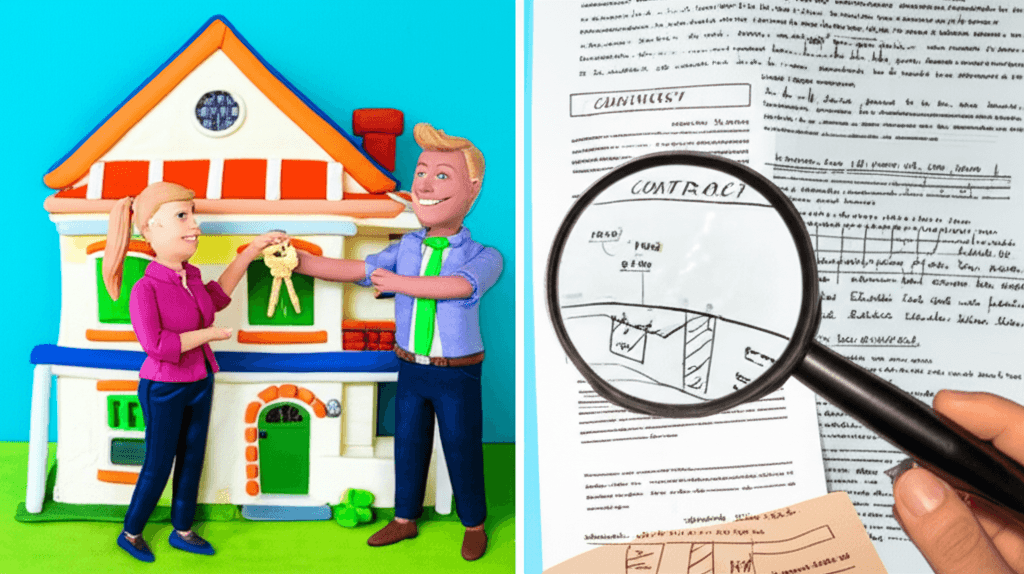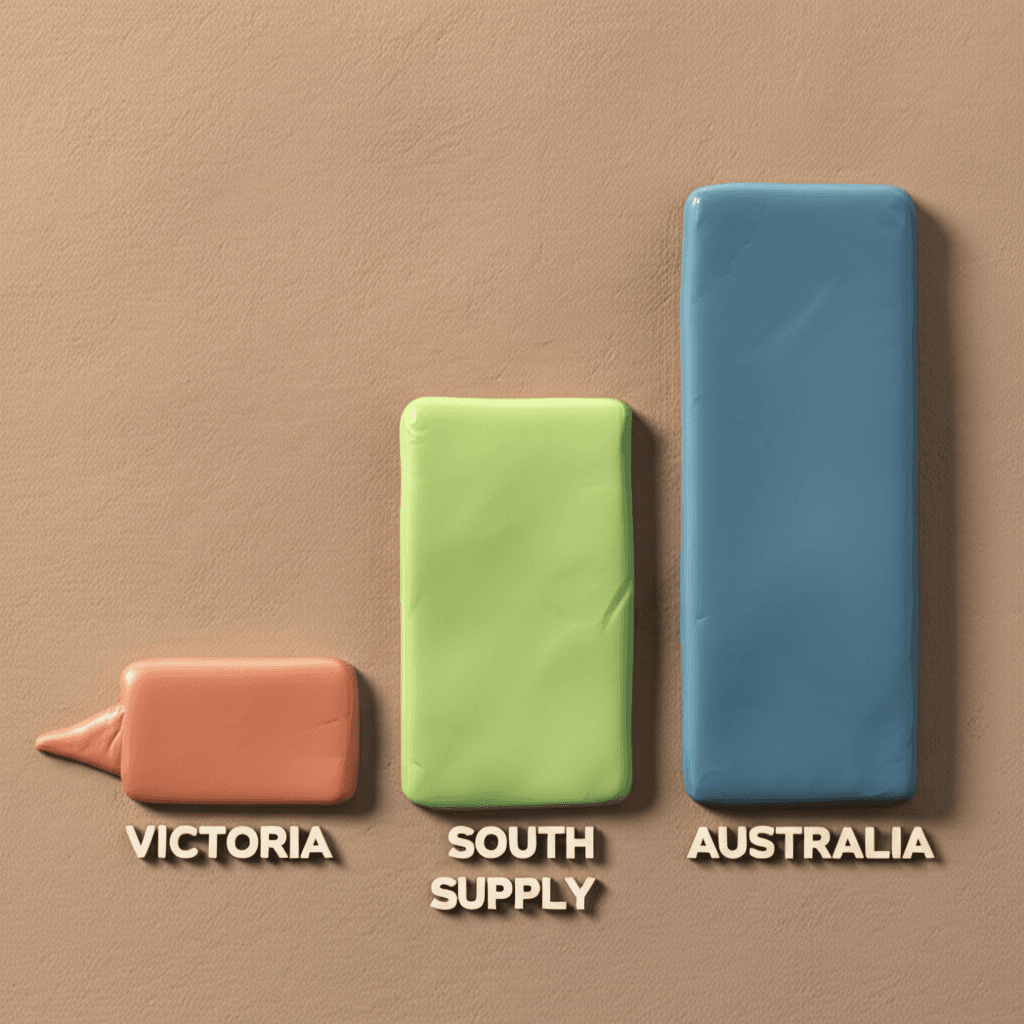Victoria's Stamp Duty Removal: A Property Boom or a Buyer's Trap?
The Victorian government is slashing stamp duty on new homes. Before you jump in, understand the critical market data and hidden risks that could derail your investment.

The Headlines vs. The Reality
The Victorian government has announced a significant policy change: scrapping stamp duty for all buyers of new, off-the-plan homes. On the surface, this sounds like a massive win for housing affordability and a catalyst for a market boom. However, a deeper analysis reveals potential pitfalls that could trap unwary buyers and investors. Before making a decision based on media hype, it's crucial to look beyond the tax savings and examine the underlying market fundamentals.
Deconstructing the New Stamp Duty Concession
Let's break down what the new policy entails. Previously, significant stamp duty concessions were largely limited to first home buyers and owner-occupiers purchasing off-the-plan properties below a certain price threshold. The new rules, designed to stimulate construction, extend these benefits much further:
Who is eligible? The concession now applies to all buyers of new, off-the-plan properties, including local investors and foreign purchasers.
What is eligible? It covers apartments and homes within strata subdivisions. Crucially, it does not apply to most standard house and land packages that aren't part of a strata plan, nor does it apply to established, existing homes.
How are savings calculated? The stamp duty is calculated on the property's value minus the construction costs incurred after you sign the contract. The earlier you buy in the development process, the greater the potential saving. For example, the government cited a $620,000 apartment purchased before construction begins could see a stamp duty bill of just $4,000—a saving of $28,000.
While this reduces the upfront cash required, it simultaneously opens the door to increased competition from investors who may have different financial goals than owner-occupiers.

The Hidden Price of 'Developer-Paid' Fees
One of the biggest risks in the off-the-plan market is how projects are sold. Many buyers are directed to these properties by accountants or brokers who claim to charge no upfront fee. They often state their commission is a 'marketing fee' paid by the developer. This lack of transparency is a major red flag. That 'marketing fee', which can be as high as $40,000-$60,000, is simply baked into the purchase price of your property. In reality, you are paying for that advice through an inflated asset price. This means your property could be worth tens of thousands less than what you paid for it from day one. An independent advisor, like the service offered through a platform such as HouseSeeker's AI Buyer's Agent Hub, can provide unbiased guidance without these conflicts of interest.
A Warning from the Data: Victoria's Oversupply Problem
The most compelling reason for caution lies in Victoria's market fundamentals. Property prices are driven by supply and demand. According to analysis from leading economists, Victoria is currently the worst-performing state in Australia regarding its housing supply balance—it has a significant oversupply. While the new policy aims to build more homes, it risks adding even more supply to a market that doesn't have the demand to absorb it. This is the opposite of the dynamic in booming markets where demand far outstrips supply, pushing prices higher. Investing in an oversupplied market is a recipe for stagnant growth. Making informed decisions requires access to the right information, which is why tools that provide deep real estate analytics are essential for identifying markets with genuine growth potential.

Melbourne's Stagnant Decade for Apartments
The data already tells a cautionary tale. Melbourne's apartment market, the primary beneficiary of this new policy, has been a notable underperformer. As of 2024, many apartment prices in Melbourne are still around 8-9% below their previous peak in 2017. This means that even after one of the biggest property booms in Australian history, many investors have seen no capital growth in nearly a decade. The oversupply issue is a key reason for this stagnation, and policies that encourage more high-density development without a corresponding surge in demand are unlikely to change this long-term trend.
Conclusion: Look Beyond the Concession
A tax saving is tempting, but it should never be the sole reason for making one of the biggest financial decisions of your life. The Victorian government's stamp duty removal for new builds primarily benefits developers by creating artificial demand for their products. For buyers, the risks are substantial:
Paying an Inflated Price: Hidden marketing fees can mean you're overpaying from the start.
Poor Capital Growth: Investing in an oversupplied market leads to stagnant or even falling property values.
Increased Competition: You'll be competing with investors and foreign buyers who are also attracted by the tax break.
Before you consider buying an off-the-plan property in Victoria, focus on the fundamentals. Analyse the local supply and demand, investigate the true market value of comparable established properties, and seek genuinely independent advice.
Don't get caught in the hype. Before you invest, arm yourself with real data. Explore HouseSeeker's Real Estate Analytics Hub to analyse suburb trends, compare investment potential, and make a truly informed decision.
Frequently Asked Questions
Does the new stamp duty removal apply to all properties in Victoria?
No, the concession is specifically for new, off-the-plan properties such as apartments and townhouses within a strata subdivision. It does not apply to established, existing homes or most non-strata house and land packages.
Is buying off-the-plan always a bad idea?
Not necessarily, but it requires extreme diligence. The primary risk is buying into a market with poor fundamentals, like the current oversupply in parts of Victoria, which can lead to little or no capital growth. Always compare the price to established properties and scrutinise any 'free' advice you receive.
If I save thousands on stamp duty, isn't that a guaranteed win?
An upfront tax saving can be easily wiped out by long-term underperformance. A $30,000 saving is meaningless if your property value remains stagnant for ten years while other assets grow, or if you overpaid by $40,000 due to hidden fees. The long-term performance of the asset is far more important than the initial tax concession.
